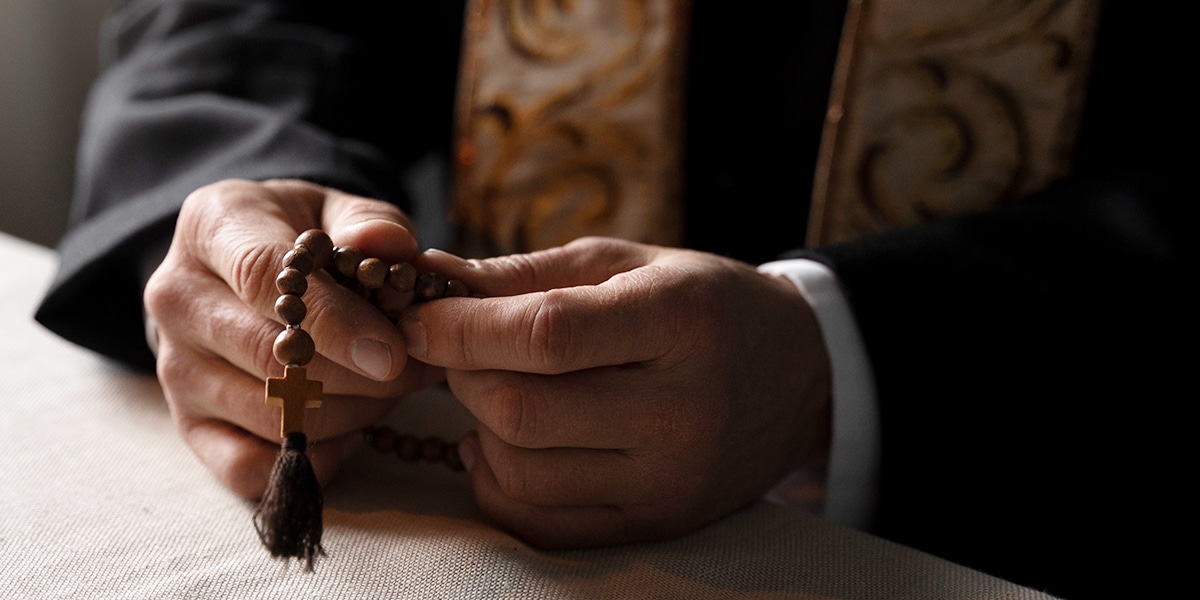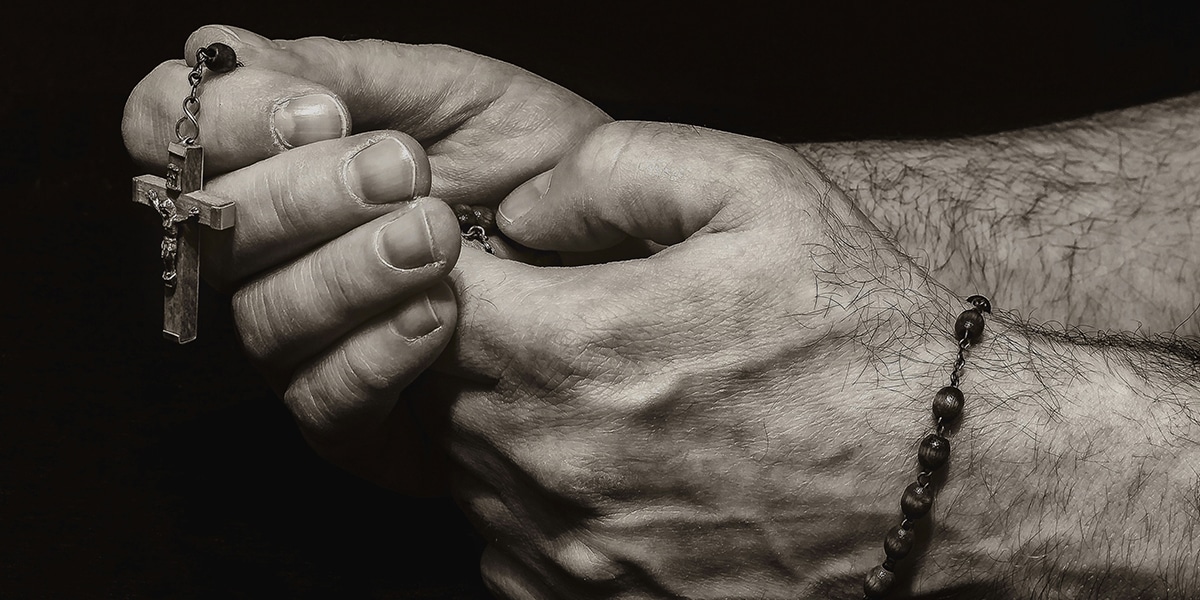READ
LK 1:1-4; 4:14-21
Since many have undertaken to compile a narrative of the events
that have been fulfilled among us,
just as those who were eyewitnesses from the beginning
and ministers of the word have handed them down to us,
I too have decided,
after investigating everything accurately anew,
to write it down in an orderly sequence for you,
most excellent Theophilus,
so that you may realize the certainty of the teachings
you have received.
Jesus returned to Galilee in the power of the Spirit,
and news of him spread throughout the whole region.
UNDERSTAND
by Father Greg Friedman, OFM
Each Sunday at Mass in my parish I honor the Gospel book by holding it high before the assembly and carrying it slowly to the ambo—the place where I proclaim the Gospel.
In our first reading today we witness a similar scene. Ezra the priest opens the scroll of God’s law and holds it high for all to see. The people acclaim God present in the Word of God, as they bow low to the ground.
The presence of God in the Word is one of three ways God is present at each Eucharist. We are most familiar with the divine presence in the consecrated bread and wine. God is also present in the gathered assembly. There we’re transformed by the Holy Spirit into the Body of Christ, described by Paul in today’s second reading.
But back to the first reading: Do we pay attention to God’s presence in the Word? Would it be easier if we were in that scene in today’s Gospel, to hear Jesus himself read the scroll of Isaiah in the synagogue at Nazareth? Perhaps it’s tougher to accept God’s presence when it’s Jim or Mary or Father Bill doing the reading! But our respect for the Gospel book, our attentive listening, our openness to the Spirit, are all crucial to full participation in the Eucharist. Let’s allow this Sunday’s readings to call us to a renewed response.
CLICK HERE TO LISTEN TO AUDIO.
DISCUSS
by Father Dan Kroger, OFM
- In the first reading, Ezra the priest found the scroll of the Law and then he had the people listen to the book of the Law as he read it all morning. Were there children there to listen to the reading? How did the people respond when they heard the reading of the Law? Then Nehemiah, Ezra, and the priests told the people to celebrate. What were the people to do?
- Saint Paul writes about the many parts of the one body of Christ, in this week’s second reading. What is the lesson that Paul wants the Corinthians to learn from his writing?Paul wants them to see that even though there are different gifts, these gifts are all parts of the one body. What is, that one body?
- Saint Luke writes, in the Gospel, that he wants to give an accurate and orderly account of the life, death, and resurrection of Christ. To whom does Luke address his Gospel?The reading then skips ahead to chapter four. Where did Jesus start his ministry? What section of the book of Isaiah did Jesus choose to read?
ACT
by Susan Hines-Brigger
- When people tell stories, they tend to tell them through the lens of their own experience or their take on the story. Choose one family story and ask everyone to write down a description of that event. Afterward, read the various descriptions and see if they all match. If not, how did they differ?
- Volunteer to be a lector at Mass. If you’re not old enough to read at regular Sunday Mass, see if there is a family or kid’s Mass that you could be a part of. If not, perhaps you could read the week’s Gospel for your family at dinner one night.








